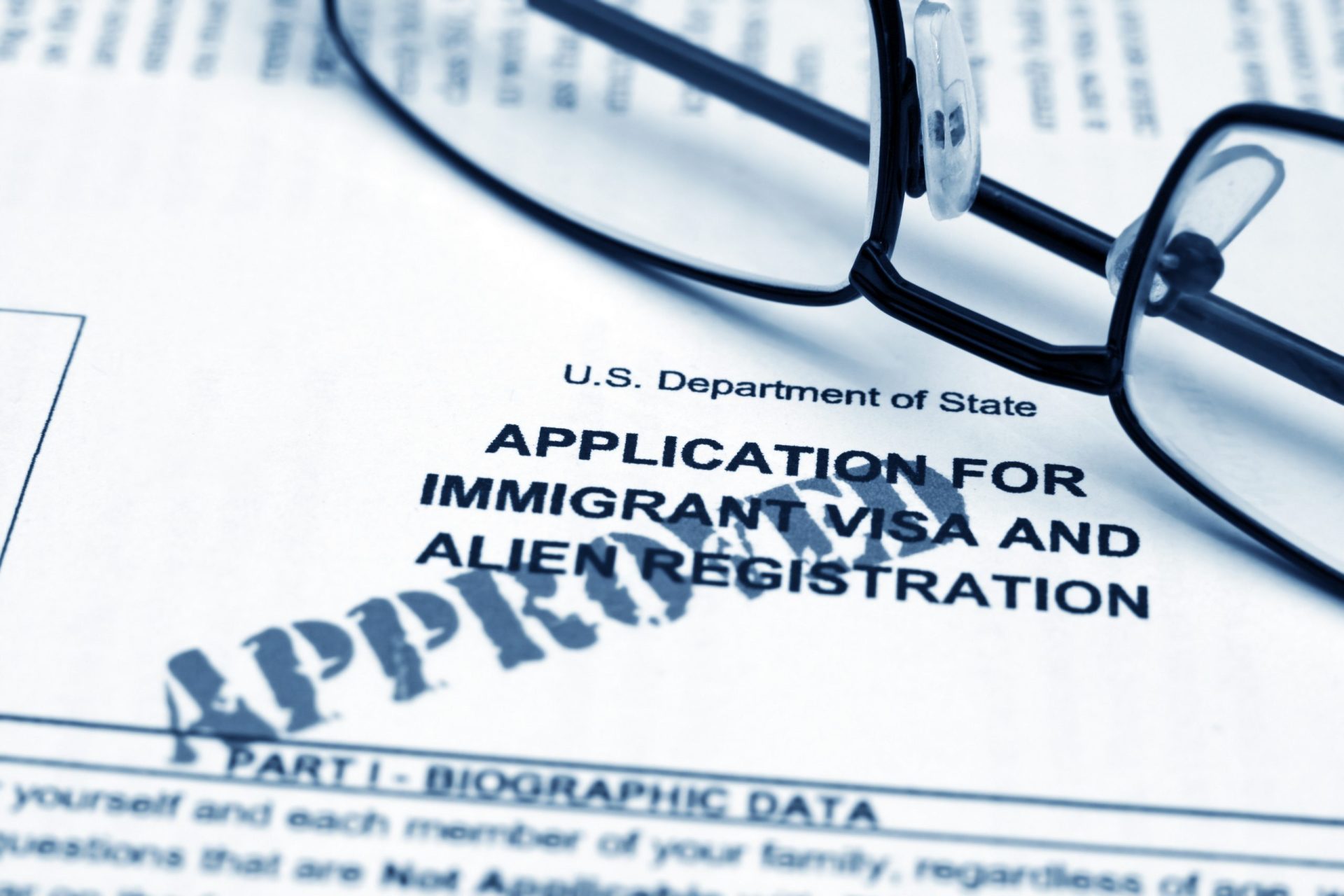Atlanta T-Visa Attorney
Legal Assistance for Human Trafficking Victims

The T nonimmigrant visa is a visa that is available to certain victims of a “severe form of trafficking in persons,” which may be in the form of sex trafficking or labor trafficking. Sex trafficking involves recruiting, harboring, transporting, providing, soliciting, patronizing, or obtaining a person for the purpose of a paid sex act that is induced by force, fraud, or coercion. IT is also sex trafficking if the person forced to perform the sex act is under 18 years old. Labor trafficking involves recruiting, harboring, transporting, providing, or obtaining a person for labor or services through the use of force, fraud, or coercion.
Labor trafficking can be defined as involuntary servitude, peonage, debt bondage, or slavery. If you or a loved one has been the victim of either kind of human trafficking, a T-visa may be available to you to allow you to enter or remain in the United States. An accomplished T -Visa attorney from Sessoms Law Office, LLC can guide you through the immigration court system and help you get to the best possible outcome for your T1 visa case. Call our Atlanta office today at 678-853-7402.
What Are the Requirements For Obtaining a T-Visa?
To be eligible for a T nonimmigrant visa to enter or remain in the United States, there are certain requirements that must be met. First, you must be a non-citizen of the U.S. and have been a victim of a severe form of trafficking in persons, either for sex or labor. Second, you must be physically present in the United States, American Samoa, or the Commonwealth of the Northern Mariana Islands, or at a port of entry, due to trafficking. You must have helped in the investigation or prosecution of human trafficking in response to the reasonable request of a law enforcement agency, or qualify for an exemption or exception to that requirement.
Finally, you must be able to show that you would suffer extreme hardship and/or severe harm if you were removed from the United States. If all of these requirements are met, you may go through the application process for a T nonimmigrant visa.
What Are the Benefits of a T-Visa?
Once you have obtained a T nonimmigrant visa, you may be eligible for certain benefits that can be necessary for your health, safety, and wellbeing. These benefits may include help with housing, food, income, employment, language learning, and health care. A T-Visa may be helpful in gaining authorization to be employed in the U.S., Lawful Permanent Resident status (a Green Card), and the ability to bring certain family members to the United States with you. While in the United States you will be protected under the laws and Constitution of the United States, though some parts of the Constitution apply to citizens only, such as the right to vote.
How is a T-Visa Different From a U Visa?
Both the U visa and the T-Visa were created to encourage victims to feel more comfortable coming to law enforcement to report criminal activity, but there are some differences. A victim of human trafficking, whether for sex or labor, can qualify for a T-Visa or a U visa, as they are the victims of qualifying criminal activity that results in serious physical and mental harm. The principal difference between the two is that the U visa requires a high level of cooperation with law enforcement and the T-Visa does not, as a general rule. Which visa is more beneficial and appropriate in your particular situation can be a difficult question to answer. An accomplished immigration lawyer can help. Call Sessoms Law Group, LLC today at 678-853-7402.
Will a T-Visa Allow Me to Bring My Family to the U.S?
If you are granted a T-Visa, you have the opportunity to petition to have certain family members join you in the United States on their own Atlanta T nonimmigrant visas. If you are under 21 years of age you may apply for your spouse, unmarried children who are under 21 years old, parents, and unmarried siblings who are under 18 years old. If you are over 21 years of age, you may apply for your spouse or unmarried children under the age of 21.








 Sessoms Law Group, LLC
Sessoms Law Group, LLC 678-853-7402
678-853-7402 678-609-4392
678-609-4392 kamala@slglawusa.com
kamala@slglawusa.com